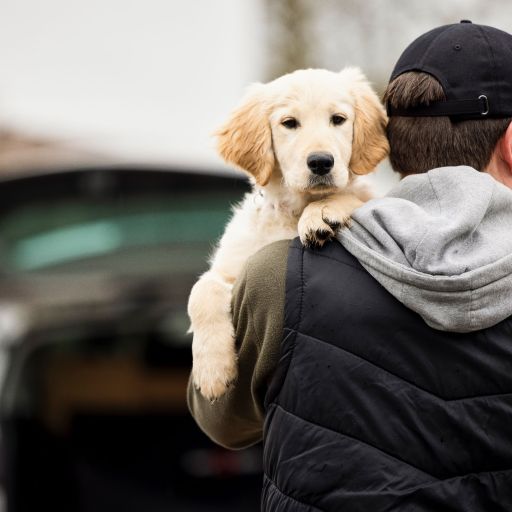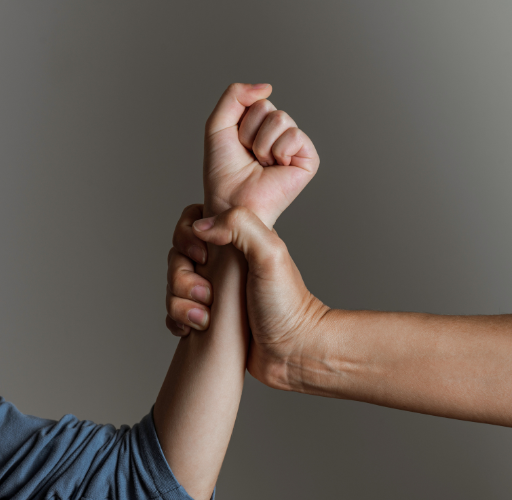Pet Thefts Are On the Rise
Recently, there has been a concerning rise in suspected dog thefts across Alberta. Find out how to keep your pets safe.
Obituary Scams: A Way to Say Goodbye or Commit Fraud?
Scammers take facts from public obituaries to form their scam. Be aware of what you are sharing.
Romance Scams & Online Investment Fraud
According to the Canadian Anti-Fraud Centre (CAFC), romance scams cost 945 victims more than $50 million in 2023.
Human Trafficking's Unseen Impact in Alberta
Many of us mistakenly assume that human trafficking isn’t something that happens in rural Alberta, but the truth is it is a crime on the rise.
Top 3 Crypto Scams of 2024
There have been many scandals and frauds plaguing the crypto currency industry. Here are the top 3 scams according to the ASC.
Breaking the Stigma of Mental Health In Alberta
Despite efforts to bring light to mental health issues, it is still something that is dusted off or looked down upon. Let's break the stigma, together.
The Gift of Safety: Avoid Impaired and Distracted Driving
The holiday rush can put us and everyone else on the road in danger. Avoid impaired and distracted driving.
Lock It or Lose It: Prevent Vehicle Theft
These tips are a part of awareness initiatives like Lock It or Lose It that help prevent crime in rural Alberta, including motor vehicle thefts.
New Crime Prevention Grant Funding
New grant funding is available for Albertans to help prevent crime in our communities.
The 9 PM Routine: Your Checklist to Prevent Property Crime
The 9 PM Routine is an easy checklist to keep your rural property safe from crime.











